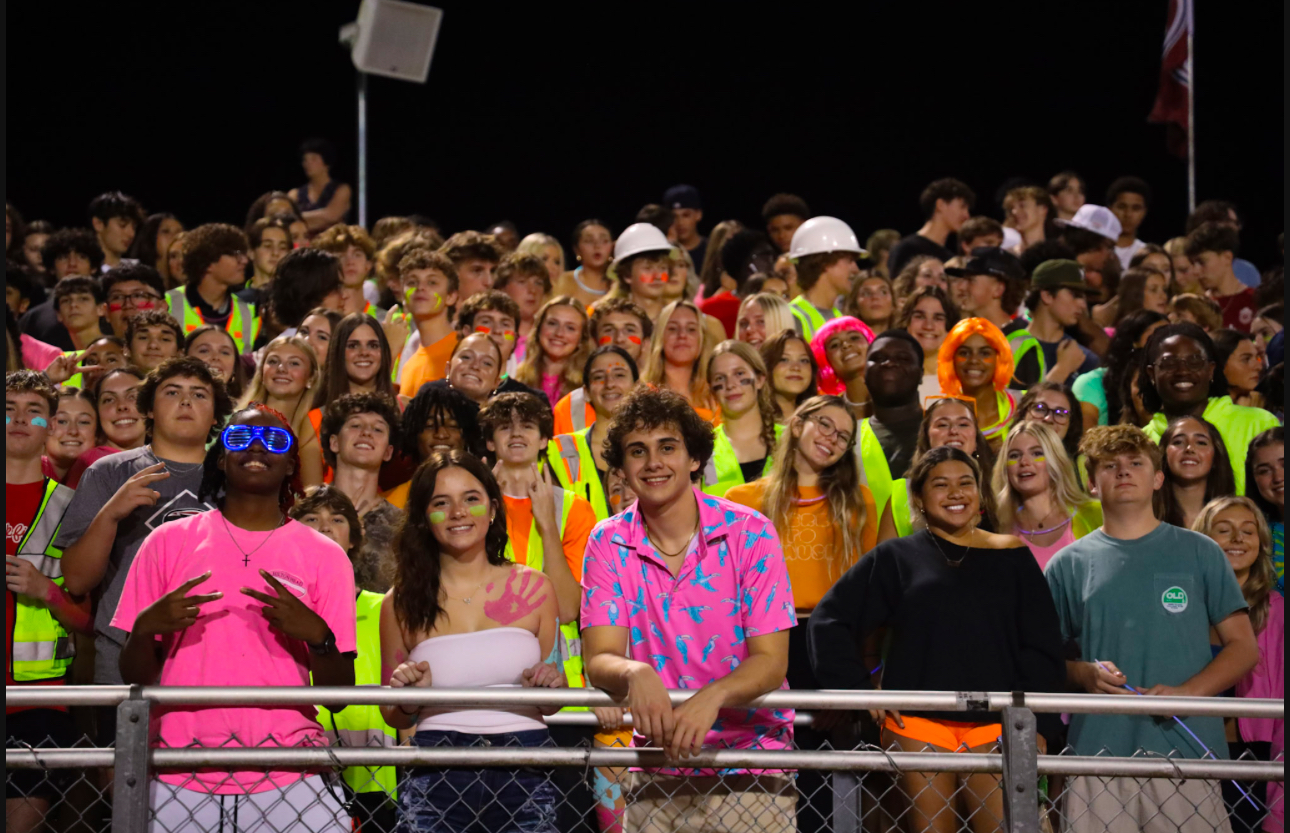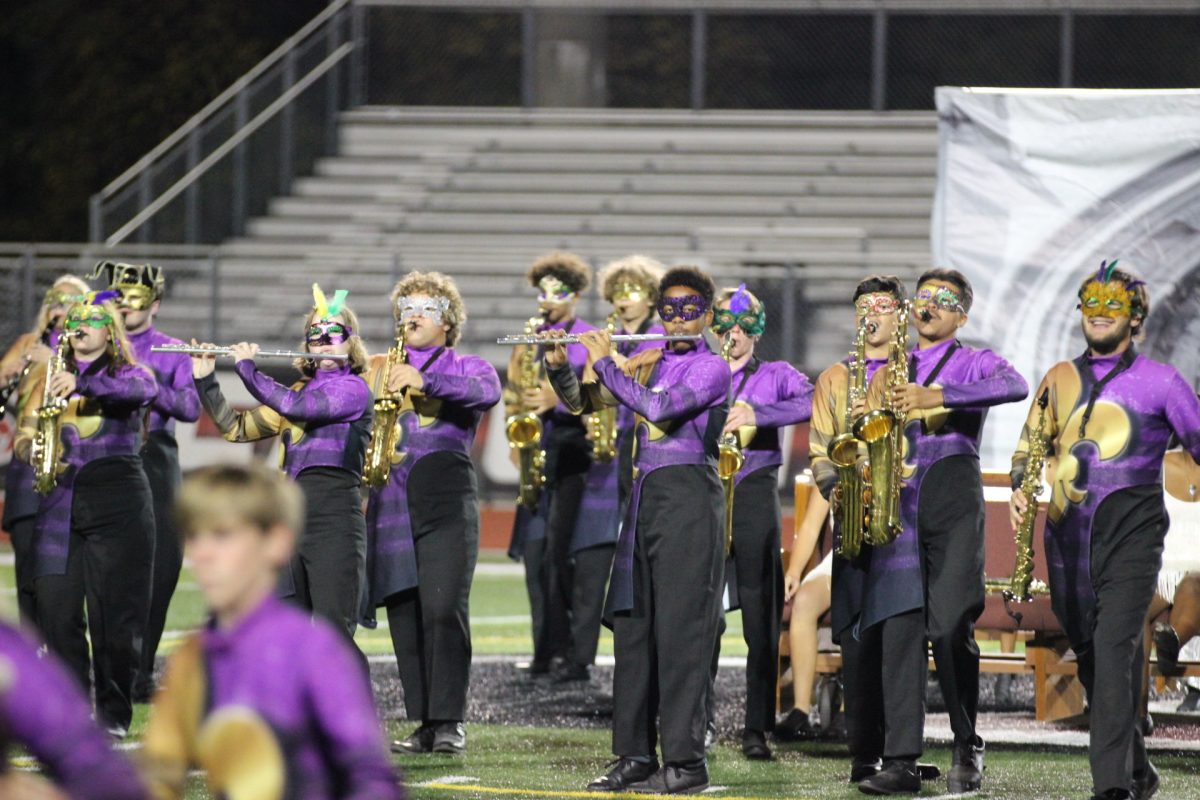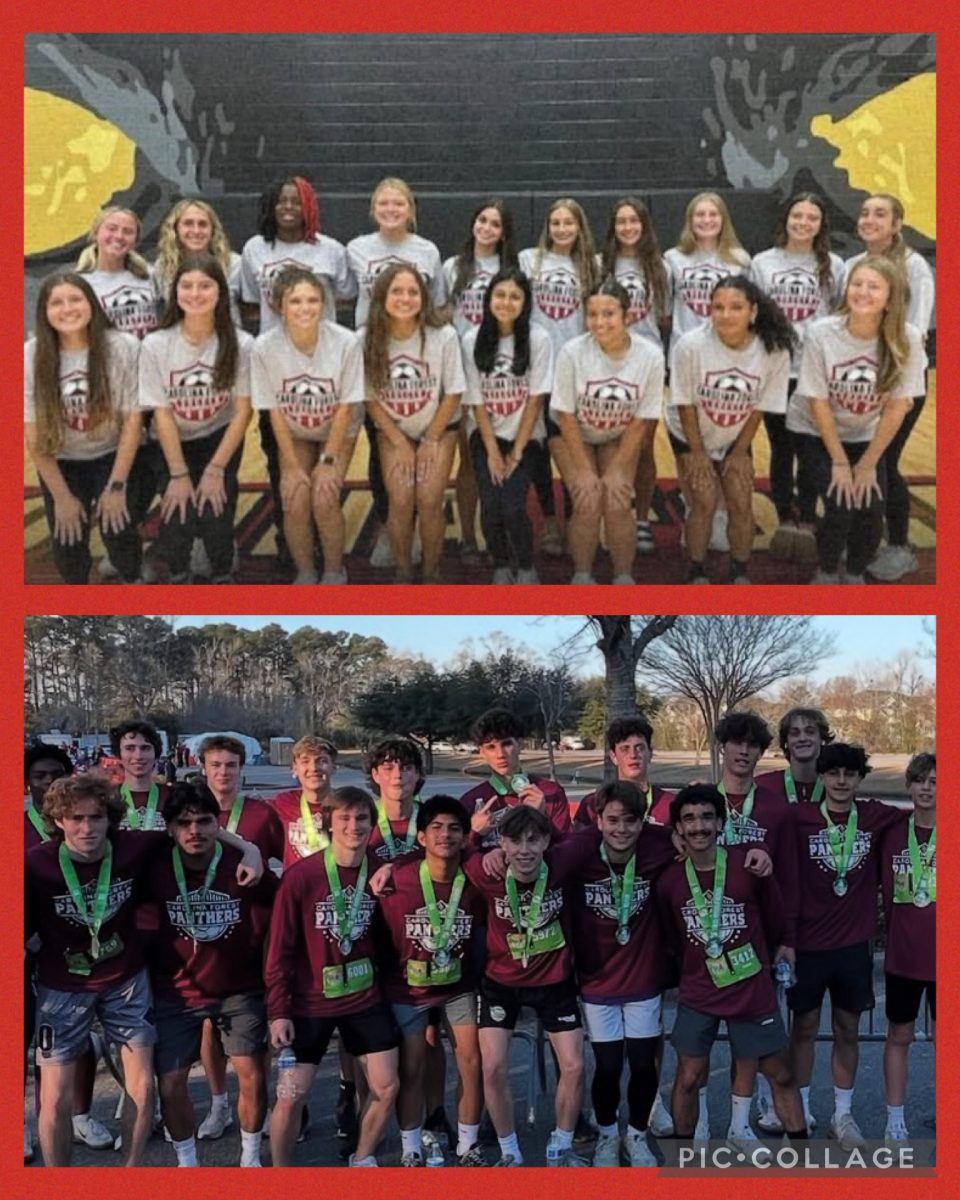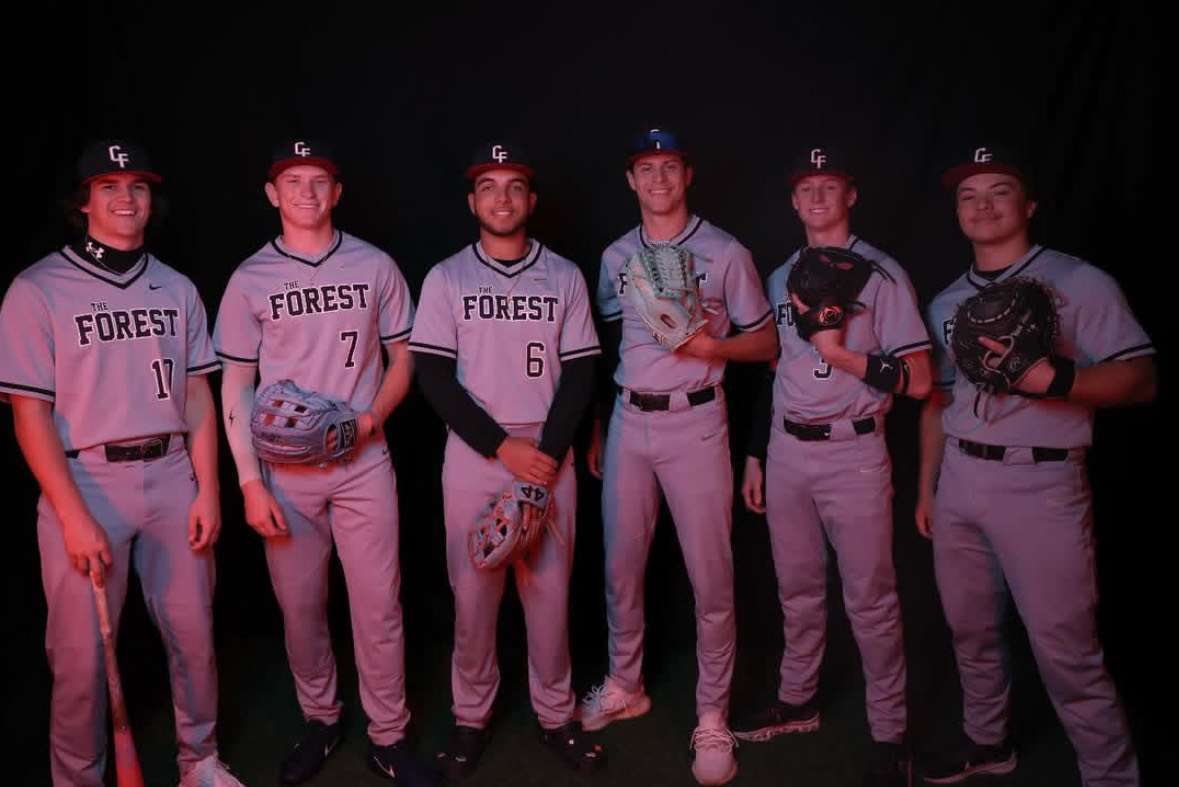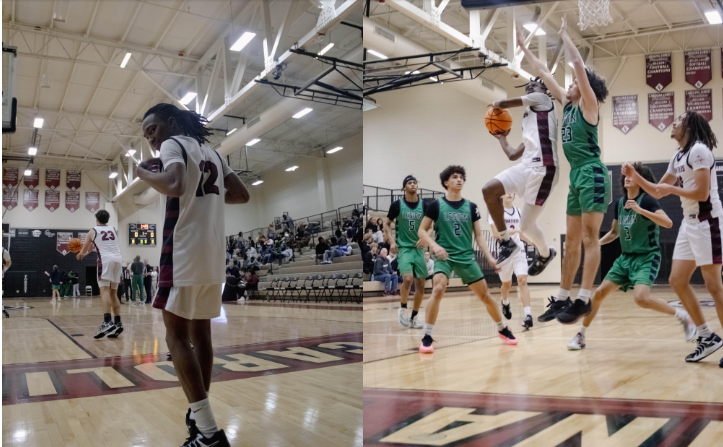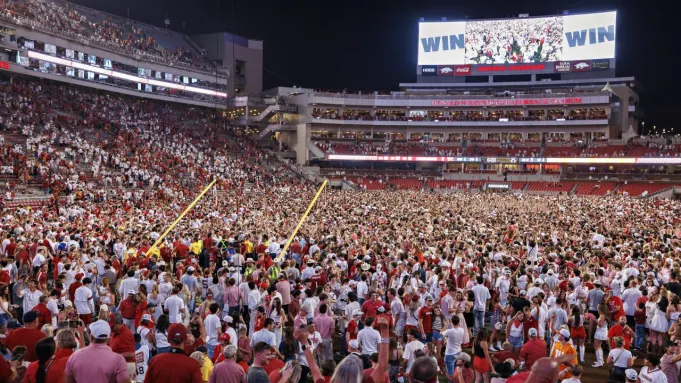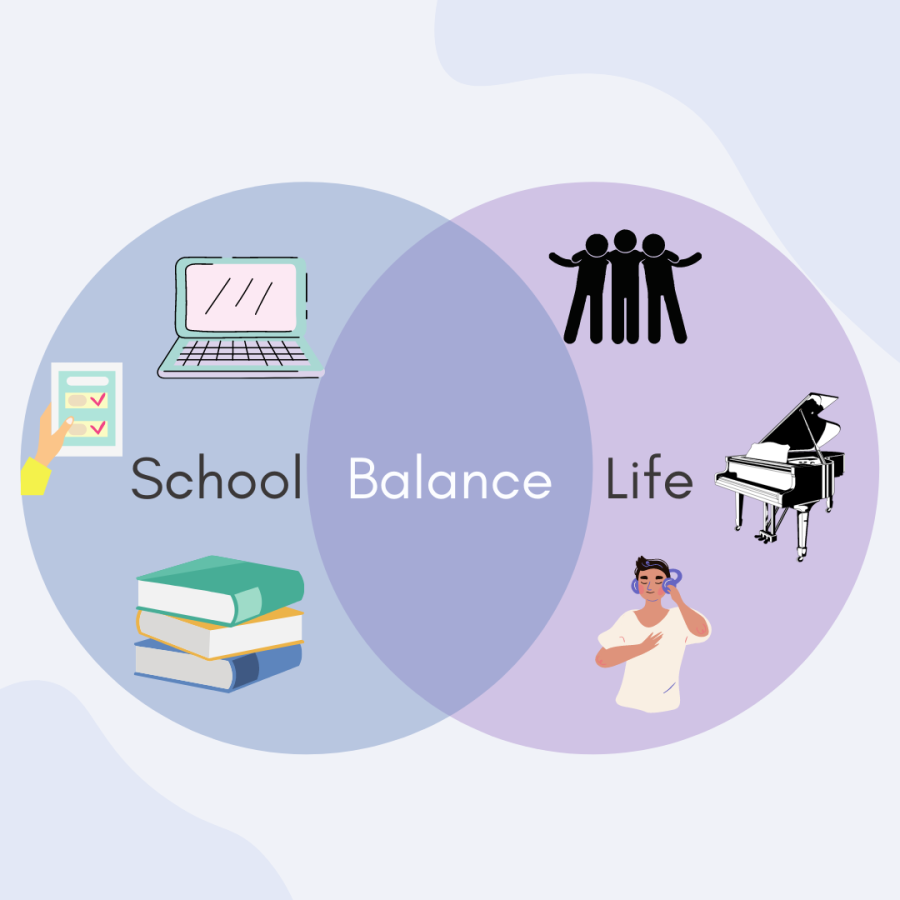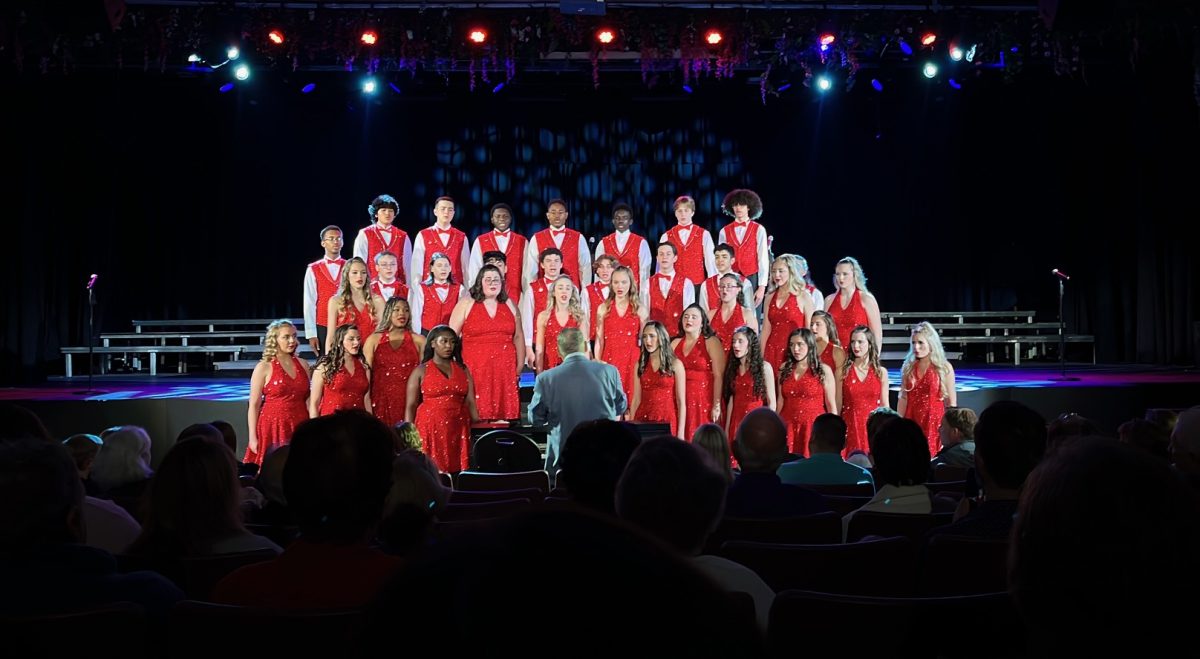Recruiting in Schools
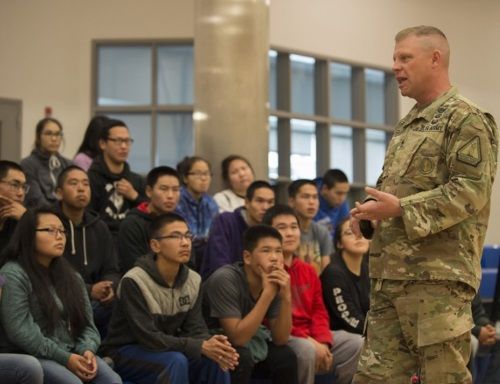
September 14, 2022
Should recruiters have unlimited access to high schools and their students? This has been a lingering question for decades.
After 2001, military recruitment drastically changed. Under the No Child Left Behind Act of 2001 signed by President George W. Bush, military recruiters have access to students’ private information including their addresses, phone number, and name. If schools were to limit their access to information, they would lose federal funding.
The question often arises: should the student’s parents be present during these encounters?
Often military recruiters serve as substitutes in high school classrooms, as well as set up tables during lunch to hoping to talk to curious students. Often a glamorous picture is painted about the available scholarships and financial aid opportunities, especially for students below the poverty line.
“Education Week reporters in Connecticut found that recruiters made 10 times as many visits to one largely low-income school as they did to a nearby affluent school.”
Many schools around the United States offer a class that is equivalent to a PE credit, but the focus is on military recruitment: the Junior Reserve Officer Training Corps or J.R.O.T.C. Within this organization, students wear an exact military uniform usually once a week and go through academic and drill (marching) training. School districts that have JROTC programs are not responsible for the wages of the instructors and their program is fully funded by the U.S Military. This program is an opportunity to open doors for many students.
Carolina Forest NJROTC cadet, Mia Naples shares, “I believe that some students are unaware of what they would like to do with their lives, and by allowing recruiters in schools, it gives students the opportunity to explore their choices.”
I have been involved in CFHS NJROTC since my freshman year and have seen firsthand the benefits of the program. However, I do not believe that military recruiters should have as large a presence in high schools as they do currently. In comparison to other careers, military recruiters are provided almost unlimited access to students, while other organizations and companies are limited with their interactions.
